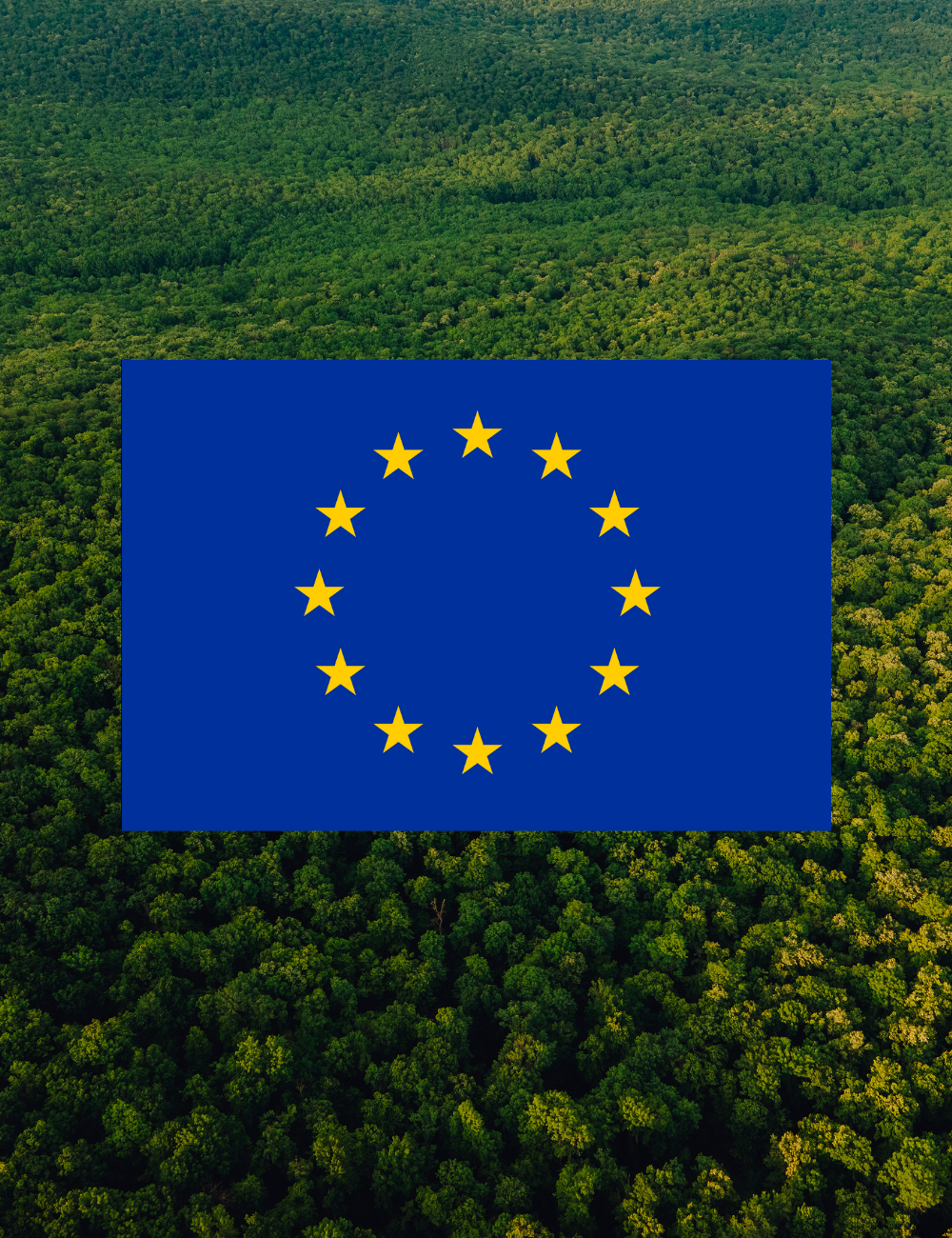


On September 23, 2025, the European Commission proposed another one-year delay to the EU Deforestation Regulation (EUDR), a move that is likely to pass but has not yet been made official. The new timeline would push compliance deadlines for large and medium companies from December 30, 2025 to December 2026, and for small and micro businesses from June 30, 2026 to June 2027. But until the European Parliament and Council formally approve the extension, the current deadlines remain in effect.
The EUDR requires that key commodities—such as coffee, cocoa, palm oil, soy, wood, rubber, and cattle—must be “deforestation-free” and legally produced as of December 31, 2020. That means goods placed on the EU market cannot come from land deforested or degraded after that date.
In a recent video statement, EU Commissioner Jessika Roswall cited concerns over the Commission’s IT infrastructure as the main reason for proposing the delay; in particular, the challenge of processing the large volume of information required under the regulation. At the same time, it’s important to note that the proposal comes after sustained pressure from industry groups, many of whom have raised concerns about the regulation’s complexity, the readiness of smallholder suppliers, and ongoing uncertainty around how its enforcement will be handled.
So while it’s tempting to hit pause, now is not the time to lose momentum—especially for businesses sourcing coffee and cocoa into Europe. These supply chains often stretch across high-risk regions where traceability can be challenging. If the delay passes, view it not as a break, but a bonus window to prepare more thoroughly.
Start by mapping all farms and collection points linked to your commodity purchases. For coffee, or cocoa, that means accurate geolocation of each plot of land, including satellite coordinates and proof of land use. Trace batches back to origin lots to create a clear line of sight for auditors. Platforms like Satelligence, Nadar and Epoch can help streamline this process by combining satellite imagery with supply chain data to produce EUDR-ready geolocation files and even automating compliance.
Most deforestation risk lies upstream, often among smallholders and cooperatives with limited digital access. Engage co-ops, exporters, and local aggregators early, providing clear guidance on what’s required: land use history, geolocation data, and deforestation-free declarations. In more remote regions, trusted local partners—like NGOs, extension officers, or farmer organizations—can act as bridges, helping suppliers understand what’s needed and assisting with data collection. Building trust and offering practical, on-the-ground support will be essential for keeping suppliers compliant and included.
The EU will classify countries as low-, standard-, or high-risk under the EUDR. For example, cocoa from West Africa may fall under higher scrutiny. Focus early on these regions—perform mock audits and assess readiness.
Work with legal teams to embed EUDR clauses into procurement contracts: suppliers must certify their products are deforestation-free and provide evidence upon request. This not only shifts responsibility but ensures a record trail when audits come.
Procurement and quality teams should understand how to assess EUDR risks. Create internal checklists, risk matrices, and documentation policies. Remember: EUDR requires you to retain compliance records for at least five years and submit due diligence statements to the EU portal.
With the EUDR still evolving and another potential delay on the horizon, there’s no final roadmap yet. Like many in the industry, we’re working to understand how the requirements will unfold and what they’ll mean for day-to-day operations.
At Eximware, we’re in close conversations with our customers as we explore how to best support compliance and traceability—especially for complex supply chains, like coffee. We’re focused on being ready to adapt as more details emerge.
Have questions or want to share what your team is seeing? We’d love to hear from you!

Copyright © 2025 Eximware, All Rights Reserved

Copyright © 2025 Eximware
All Rights Reserved

Copyright © 2025 Eximware
All Rights Reserved
By clicking "Accept", you agree to the storing of cookies on your device to enhance site navigation, analyze site usage, and assist in our marketing efforts. View our Privacy Policy for more information.